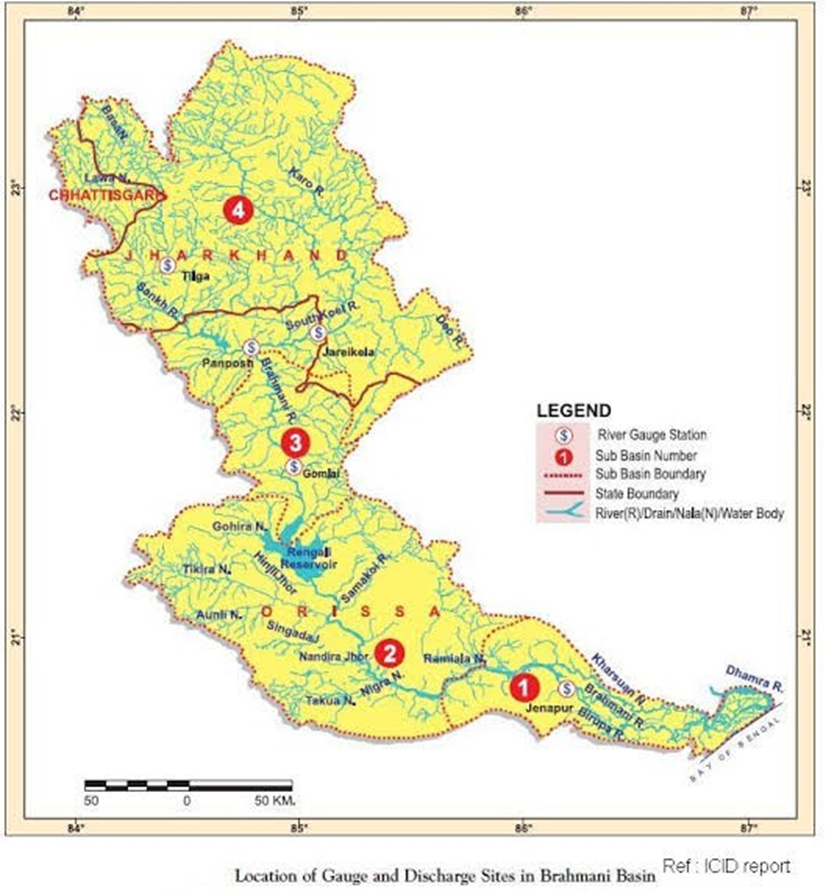CURRENT AFFAIRS
Get the most updated and recent current affair content on Padhaikaro.com
What is National Green Tribunal?
- IAS NEXT, Lucknow
- 30, Nov 2021

Reference News:
The National Green Tribunal (NGT), Eastern Zone, has imposed a fine of ₹2 crore on the Jindal Steel and Power Limited (JSPL) for changing the natural course of Kurbadahali Nalla (water channel) in Odisha’s Angul district.
What’s the issue?
A complaint filed with NGT said that the JSPL had unauthorisedly usurped the Nandira River in Angul in connivance with the State authorities and filled it up with earth thereby completely obliterating the river.

About NGT:
- Established on 18th October, 2010 under the National Green Tribunal Act 2010.
- Established for effective and expeditious disposal of cases relating to environmental protection and conservation of forests and other natural resources.
- New Delhi is the Principal Place of Sitting of the Tribunal and Bhopal, Pune, Kolkata and Chennai shall be the other four places of sitting of the Tribunal.
- The Tribunal is not bound by the procedure laid down under the Code of Civil Procedure, 1908, but shall be guided by principles of natural justice.
- NGT is mandated to make disposal of applications or appeals finally within 6 months of filing of the same.
With the establishment of the NGT, India became the third country in the world to set up a specialised environmental tribunal, only after Australia and New Zealand, and the first developing country to do so.
Composition:
Sanctioned strength: The act allows for up to 40 members (20 expert members and 20 judicial members).
Chairman: Is the administrative head of the tribunal, also serves as a judicial member and is required to be a serving or retired Chief Justice of a High Court or a judge of the Supreme Court of India.
Selection:
- Members are chosen by a selection committee (headed by a sitting judge of the Supreme Court of India) that reviews their applications and conducts interviews.
- The Judicial members are chosen from applicants who are serving or retired judges of High Courts.
- Expert members are chosen from applicants who are either serving or retired bureaucrats not below the rank of an Additional Secretary to the Government of India (not below the rank of Principal Secretary if serving under a state government) with a minimum administrative experience of five years in dealing with environmental matters. Or, the expert members must have a doctorate in a related field.